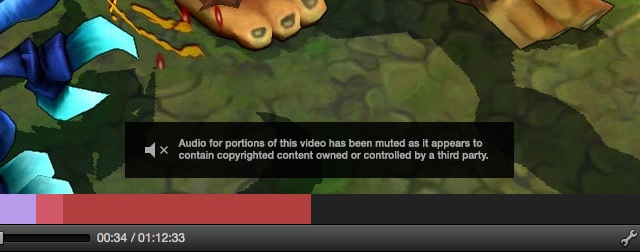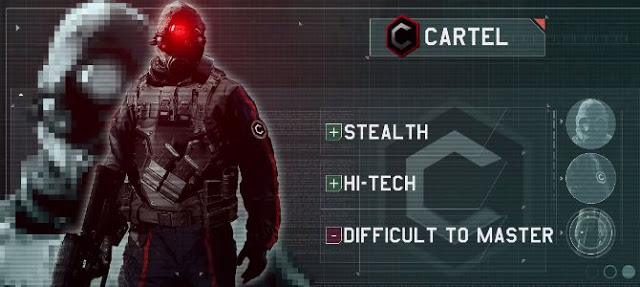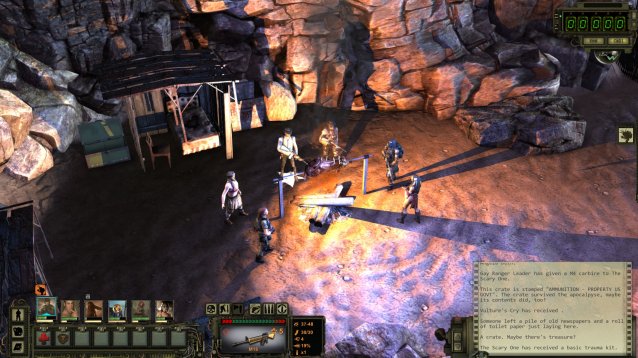What do you know of the hook ball, the curve ball and something about the backup ball? This is one of the most favored types by most experts. And there are peoples as well who are devotees of the curve type of the game which can scores high points and strike getter.
THE HOOK BALL
The hook ball, the best of all "strike-getting" deliveries, makes a slightly sharper "break" than does the so-called "curve," and is easier to control. Nevertheless, the latter is a highly effective pin- spiller itself. Some of our greatest stars of the past and present made their reputations with the curve ball. In general the hook is favored by most experts because it has proved to be more uniformly successful under varying conditions. The curve-ball expert has been known to soar to dizzy scoring heights on one lane and plumb the depths on the adjoining alley. The hook devotee, meanwhile, continues to make good scores on nearly any lane or under the most variable conditions. There are actually four ways in which to make a ball hook. The first is the "natural hook," in which the ball is held so that the thumb and forefinger form a "V" with the thumb alongside the body.
After the full release of the ball, the "V" formed by the thumb and fore- finger should be pointed directly at the target on a horizontal plane. The two things that make a natural hook work are a comfortably loose thumbhole and a good follow-through. The ball hooks because the thumb, being short, comes out of the ball first, and the fingers alone complete the follow-through. This gives a natural spin to the ball. The "lift" is the second type of hook. In this delivery the hand is directly under the ball, with the thumb on top. In the delivery, the ball rolls right off the tips of the fingers. In both the natural and the "lift" hooks, there is no turn or wrist action.
The third way of making hooks is the "turn." As the hand comes forward with the fingers held as they are for a natural hook, the wrist is turned from right to left after the ball has passed the left foot. No lift action is used. The fourth style of hook is the "lift and turn." In this delivery, nothing is done to the ball until it passes the bowler's left foot at the foul line. At this moment the player's hand should be directly behind the ball as if to lift it. As the ball passes the bowler's foot, he lifts the ball with his fingers and turns his wrist from right to left. A bowler may use as much lift or as much turn as he desires or can control. These are the four fundamental ways of making a ball hook. There are many variations, depending upon the individual and his ability to control a particular type of delivery.
THE CURVE BALL
The curve ball, as mentioned before, is a potent strike-getter when controlled. It is thrown with less lift and more turn than the usual hook ball, and it also traverses a wider arc. Obviously, this type of delivery requires long practice to determine its point of finish and to hold it in a grooved path.
THE BACKUP BALL
The fact that I describe the backup ball does not mean that I recommend it. Quite the contrary. I disapprove of it for several reasons. The first is that it is a poor strike-getter and it results in a large number of bad leaves and splits. It is also difficult to control over long periods of time. In my opinion, it is more tiring than other, more orthodox deliveries. The backup ball is a ball that fades to the right as it nears the pins. This action is caused by turning the wrist from left' to right, at or near the moment of release. Women, as a general rule, are more plagued by this delivery than men, possibly because their wrists are weaker. It can be cured easily with intelligent practice, and should not be thrown at all if one can avoid it.
The backup ball, to be most effective, would actually have to come into the pins in the 1-2 pocket, since its curve is similar to that of a left-hander. But even in that favored spot, its effect is not good. And incidentally, anyone who throws a hook, curve, or straight ball should never try using a backup delivery to play the 10-pin. One might succeed fairly often, but seriously risks the loss of his regular grooved delivery.
No matter what type of delivery you use, the main idea is to be able to repeat your performance until every little feature of your game is as automatic as possible (assuming that you are going about it right in the first place). The expert likes his strikes, to be sure, but if he doesn't happen to get them at one time or another he simply waits, for he knows that his consistent machinelike delivery will bring him his share over a period of time.
So, develop one type of ball and stick to it don't mix them up. Don't worry over the fact that strikes seem to be few and far between when you're learning the game. Actually, you are getting a break and don't realize it, for whenever you fail to count a strike you get a chance to shoot at a spare. And shooting at spares eventually grooves your swing, sharpens your timing, and improves your foot- work to the point where you perform these actions almost unconsciously. Then you will begin to notice a steady upswing in your average. From that point on, you are on your way.






 How to get Dying Light Mouths Wide Open Trophy / Achievement
How to get Dying Light Mouths Wide Open Trophy / Achievement Act of Aggression (PC) Cartel faction guide
Act of Aggression (PC) Cartel faction guide Destiny: The Taken King Guide On Where To Find Suros Arsenal Pack
Destiny: The Taken King Guide On Where To Find Suros Arsenal Pack Review: Wasteland 2
Review: Wasteland 2 Killzone HD Review
Killzone HD Review